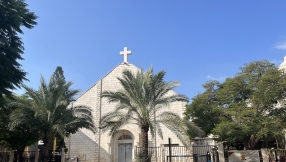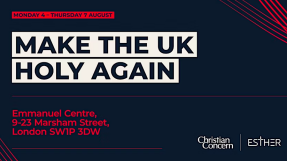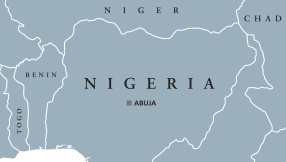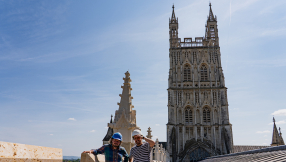Iraq assembly holds emergency session
Authorities have imposed a three-day curfew in the capital to contain the violence, in which more than 130 people have been killed since the government launched the offensive on Tuesday against fighters loyal to Shi'ite cleric Moqtada al-Sadr.
The assault on Iraq's second biggest city has exposed deep divisions between rival factions within Iraq's majority Shi'ite community. It is also a major test for U.S.-backed Prime Minister Nuri al-Maliki's ability to prove Iraqi forces can stand on their own and allow U.S. forces to withdraw.
With violence spreading across the Shi'ite south and affecting the country's vital oil exports, lawmakers called an emergency session on Friday.
"Today (Thursday) we reviewed the situation in Basra. We agreed to hold an emergency session tomorrow to discuss the Basra situation and how to resolve it," parliament speaker Mahmoud Mashhadani told Reuters.
Mashhadani said representatives of Shi'ite and Sunni parties in parliament, including lawmakers loyal to Sadr, had agreed to attend the special session starting at 3 p.m. (12 p.m. British time).
Sadr, who helped install Maliki in power after an election in 2005 but later broke with him, has called for talks with the government. But Maliki has vowed to battle what he calls criminal gangs in Basra "to the end".
PIPELINE ATTACKED
In a sign of rising instability in the oil-rich south, saboteurs on Thursday blew up one of Iraq's two main oil export pipelines from Basra, cutting at least a third of the exports from the southern oilfields.
The attack, which pushed U.S. oil prices up by more than $1 a barrel, marked the first time since 2004 that the important southern supply route has been disrupted.
The clashes have all but wrecked a truce that Sadr imposed on his Mehdi army last August, which Washington had said helped curb violence.
The government says it is fighting "outlaws", but Sadr's followers say political parties in Maliki's Shi'ite-led government are using military force to marginalise their rivals ahead of local elections due by October.
U.S. President George W. Bush has praised Maliki's "boldness" in launching the operation, the largest military campaign carried out yet by Maliki's forces without U.S. or British combat units. Bush said it showed the Iraqi leader's commitment to "enforce the law in an even-handed manner".
Sadr's aides say his ceasefire is still formally in place. But his followers have staged a "civil disobedience" campaign, forcing schools and shops to shut, and Sadr has threatened to declare a "civil revolt" if the crackdown is not halted.
Clashes have spread in the past two days to the southern cities of Kut, Hilla, Nassiriya, Diwaniya, Amara and Kerbala, as well as 13 predominantly Shi'ite neighbourhoods of Baghdad that have a Mehdi Army presence.
On Thursday, tens of thousands of Sadr supporters marched in Baghdad in a massive show of force for the cleric, demanding Maliki's removal. Demonstrations were also held in the Kadhimiya and Shula districts, among the largest anti-government protests Maliki's government has faced.













